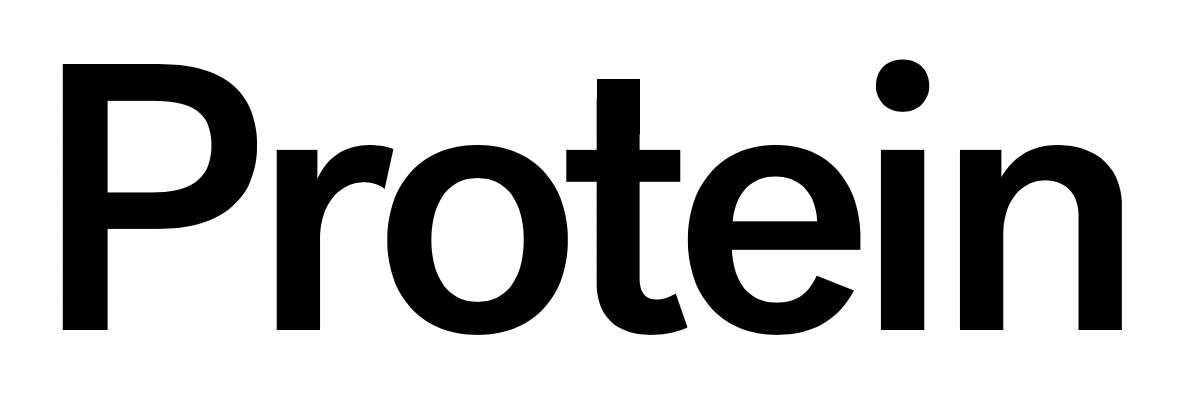Rules of Distraction
Our dependency on the internet has left our generation hopeless. A mess of attention deficient, nervous wrecks incapable of digesting information. Or has it?

Digital addiction clinics, Facebook depression, even cancer-inducing social media – if certain headlines are to be believed, the internet is doing some pretty bad things to us. And it’s not just reactionary newspapers that are denouncing the web as bad for our health. Neuroscientist Susan Greenfield has stated that exposure to digital technology might affect our brains. The Shallows author Nicholas Carr says too much Googling could be making us stupid.
It’s enough to make you bin your modem. But is all this doom and gloom mere conjecture? Are these negative stories an overreaction? And do they ignore the benefits of our digital lives? Clive Thompson, author of the book Smarter Than You Think: How Technology is Changing our Minds for the Better, believes they do.
He thinks the internet, with its connectivity, is doing a lot of good for us. We spoke to Thompson about how Google is expanding our knowledge, the importance of ‘ambient awareness’, and how the internet, in general, is helping to improve our lives.
Why do you think technology is making us smarter?
Technology offers us productive new ways to think, new forms of expression, new ways to connect with people. There are three really big ideas that I have been reporting over the past two decades. The first is that the internet has made us much more public thinkers. We used to do a lot more of our thinking in private. Now we have an audience to project our ideas to. Secondly, we live in a world with a lot more resources to consult. We have access to more information than ever before. And, finally, there are deeper records of our lives. We can take perspective of our lives because so much of it is saved online.
Why is public thinking so important for us?
From a health perspective, there is enormous value in talking publicly about things that you are thinking about. James Pennenbaker is a researcher looking into what the act of expression does for our mental health, and in doing so he has found that writing down what you are doing can have powerful effects on our satisfaction, ability to cope with stress, even our ability to find a job. There is something in the act of self-expression that helps resolve ignorance about ourselves. It breaks down emotional and intellectual isolation.
Is it important to broadcast to an audience, or is it simply the act of self\-expression that is important?
The audience has a fantastic effect. There have been studies where students are asked to write for a foreign audience, and they write 40% longer, more complex papers with a better progression of ideas. When we know someone is watching, we work harder, because suddenly we are eager to impress them.
What about short\-form status updates, such as on Twitter or Facebook?
We live in a world where we are constantly updating each other. Psychologists have a framework to think about this called ‘ambient awareness’. We can build up a rich picture of peoples’ lives through very small signals, which in isolation are insignificant, but when put together build a larger picture. It used to be that if you weren’t physically near someone it was hard to figure out what was going on in their lives, or what they’re thinking. That’s all changed now, and is changing the way we can interact with each other.
How can these networks improve the way we think?
Social networks can boost our connections with other people, and, as a result, make us more creative. Social scientists would call this the power of weak links. Weak links are people on the periphery of our social circles – the people we don’t know so well, but are connected to. Before the internet came along, it was difficult to cultivate and retain these weak links. Now we have ways to keep in touch with them. Weak links can help us solve problems. They can increase our creativity as the possibility of chance encounters and the exchange of random ideas is more likely. The number of people we can connect to is now infinite, and as we explode open these random chance encounters it blows open the possibility of creativity in everyday life.
The internet is just another distraction, like any other. In the 19th century it was cities. People thought cities full of interruptions. But they learned to cope!
Is technology changing the way we use our memory?
When it comes to factual knowledge we are seeing something really interesting happen. We have begun to use search engines and smartphones in the same way we use smart people around us to remember facts. The way you may ask a friend: “Where were we that night when...?”, we now use search engines to jog our memory. We’re using the internet to tap into a larger base of knowledge.
How is it changing the way we perceive ourselves?
One of the most interesting areas of mental health that has not yet been studied closely, because it is too new, is what it means to understand the patterns of your daily life. Alexandra Carmichael is founder of the Quantified Self movement, and she struggled with depression. But through tracking her daily moods she observed patterns about herself and how her depression waxed and waned. It was valuable information, as when you’re in the depths of a dark period and feel like your mood will never lift, it’s important to be able to look at the data and see the trajectory of your emotional life. There’s real value to having better data about your life as it allows an almost philosophical aspect of reflection.
Is technology affecting our attention?
Right now we do a lot of reading on our computers and smartphones that is constantly interrupted. The real problem is that if you don’t get better at self-control over interruption, it’s easy to get distracted and lose attention. There is a technique called mindfulness. It’s simple – just noticing when your attention is drifting and, instead of being at the mercy of your attention, focusing. The internet is just another distraction, like any other. In the 19th century it was cities. People thought cities were overwhelming, and noisy, full of interruptions. But they learned to cope!
Why do you think there are so many reports claiming that technology and the internet is bad for us?
I think there’s a false nostalgia for how great the world was before these communication technologies came along. When you look at the history of the media, you see that every time a new media comes along, people always worry that it will spell the doom of social life. When the telephone came along people thought that would stop people socialising. Same for the telegraph. I think this partly explains it. People also love to be critical about anything new.
Do you think it’s a good idea to get offline every so often and get some digital respite?
Absolutely. Technology is offering us new ways to think, new interactions with people. But getting offline is also helpful – going on a long walk, thinking through a problem. I enjoy going into a different mental state that comes from being non-connected. It’s refreshing to be offline every so often.



Discussion